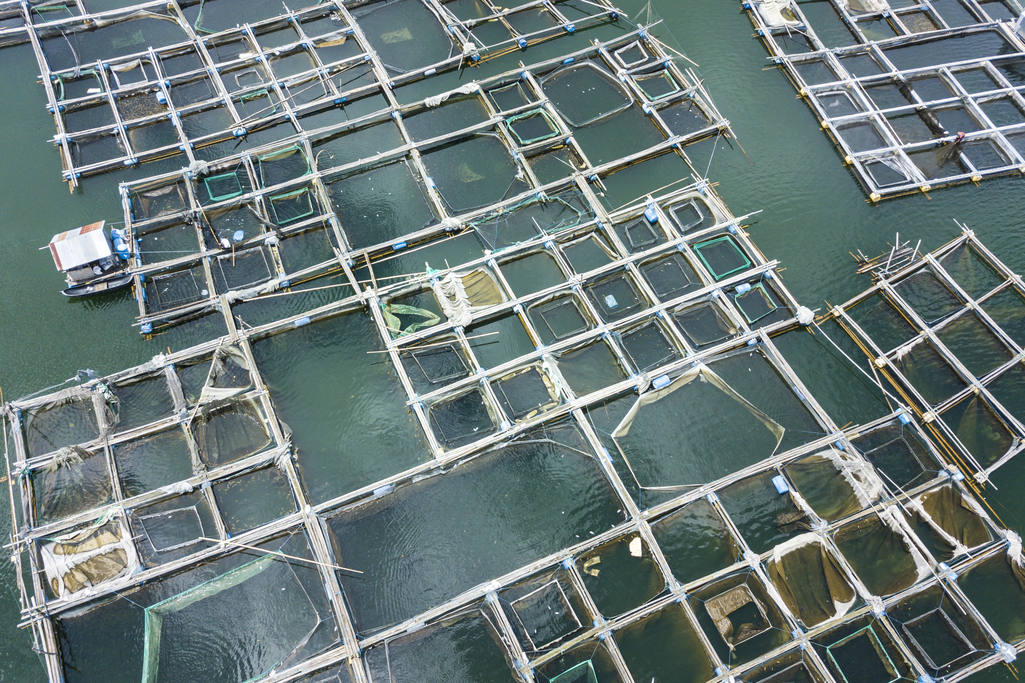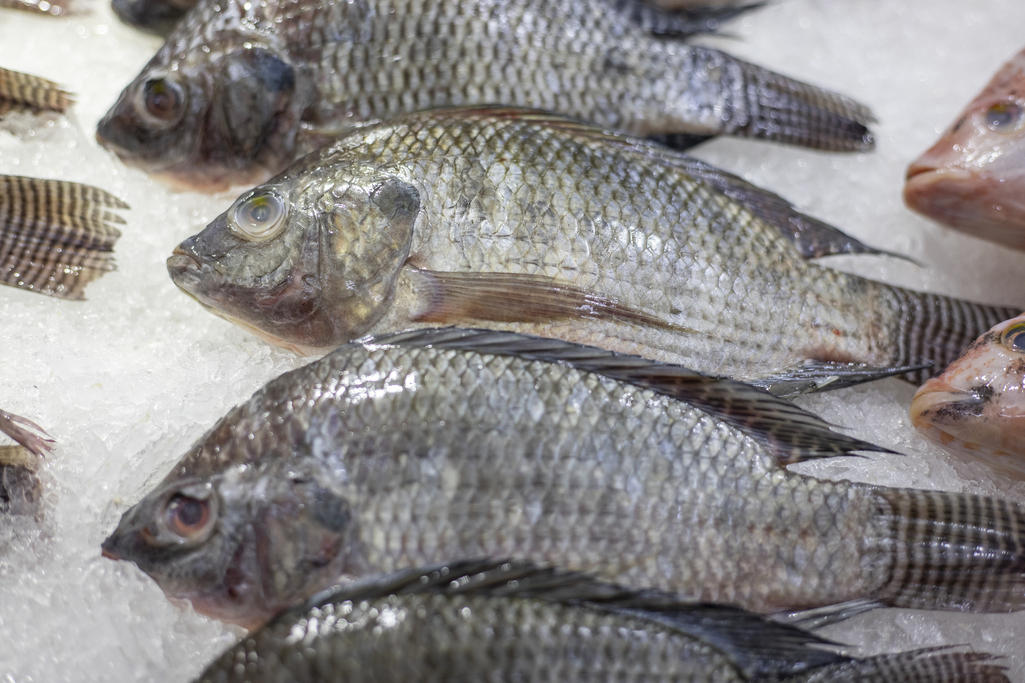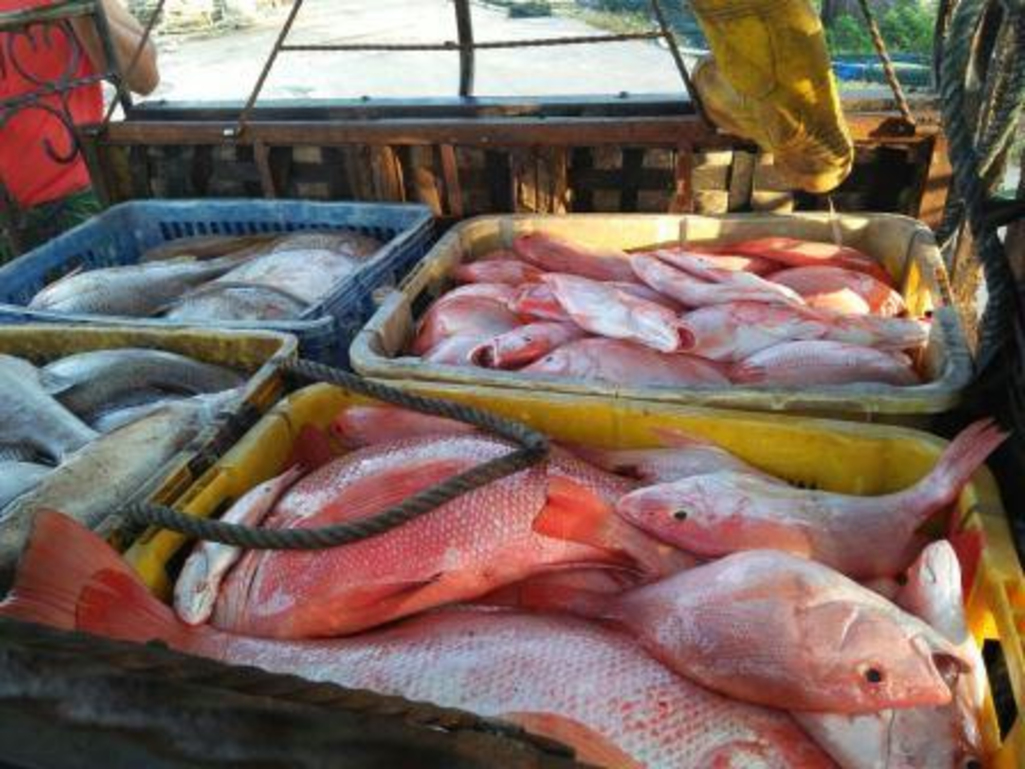Indonesia protein deficiency may be saved by Japan’s genome editing tech

Regional Fish Institute (RFI), a developer of new species using genome editing technology and engaged in seed production and sales, has announced that it will conduct a demonstration project on genetic variation breeding of seafood products in Indonesia.
*For the Islamic view of genome editing, please refer to the related article below
RFI together with an Indonesian fisheries start-up company, PT Aruna Jaya Nuswantara (ARUNA), has been selected for the ‘Asian DX Promotion Project in ASEAN-Japan’ run by the Japan External Trade Organisation (JETRO). The project will receive an estimated JPY20 million subsidy by January 2024.
The subsidy will be used for the genome-edited breeding demonstration in Indonesia and the establishment of rules for genome-edited foodstuffs, moving towards a full-scale overseas expansion of the project.
Global Population Growth & Protein Crisis
Rapid population decline is a social problem in Japan, with data issued by the Statistics Bureau of Japan in April 2022 showing a year-on-year population decrease by over 640 000 people.
By contrast, let’s look at the global population change. In July, the UN announced that the world’s population will surpass 8 billion on 15 November. It is predicted to reach 8.5 billion by 2030, 9.7 billion by 2050 and 10.4 billion by the 2080s.
With per capita protein consumption rising due to population growth and expanding middle class, the demand for protein is expected to skyrocket. By 2025-30, the global protein crisis may become a reality as demands exceed supply, leading to a global protein deficiency.
If we look at Indonesia as an example, the world’s 4th largest country with over 270 million people, such protein deficiency will be one of its severe social issues.
RFI Genetic Variation Breeding Demonstration
RFI has been in the limelight for its successful development of the ‘large fillet red sea bream’ and the ‘fast-growth tiger puffer fish’.
The large fillet red sea bream has since been notified to the Japanese Ministry of Health, Labour (MHLW) and Welfare and the Ministry of Agriculture, Forestry and Fisheries (MAFF). It is also known as the world’s first genome-edited animal food product to be commercialised with national approval.
The company used a genome editing method called CRISPR-Cas9, which cuts specific genome locations with pinpoint accuracy and scissor-like precision. This method developers, one French and one American, earned the Nobel Prize in Chemistry in 2020.
Unlike genetic modification, which creates organisms that do not exist in nature, genome-editing changes some of the original genes of the organism, so the mechanism is considered the same as ‘selective breeding’. This is achieved by shortening the mutation evolution process that occurs in nature through generations of crossbreeding.


In this latest initiative, followings are the breeds up for demonstration, indicating how genome-editing breeding can be used to develop beneficial breeds in Indonesia over a short time period.
- Fast-growth Tilapia
- Large fillet Red Snapper
Related Article:
World’s first gene edited fish now on the market (Islamic view on genome editing incl.)
We have a network of Japanese companies keen to expand into the Halal market in Malaysia & Indonesia.
If you are interested in connecting with sustainable technology companies in Japan, simply JOIN the network from below. We will match the right one for you!




